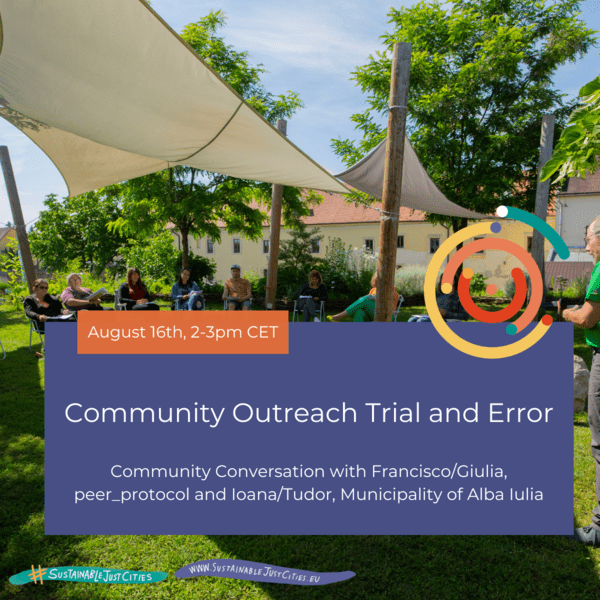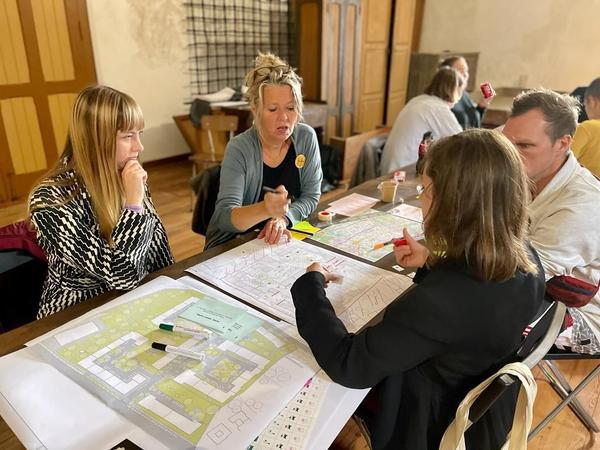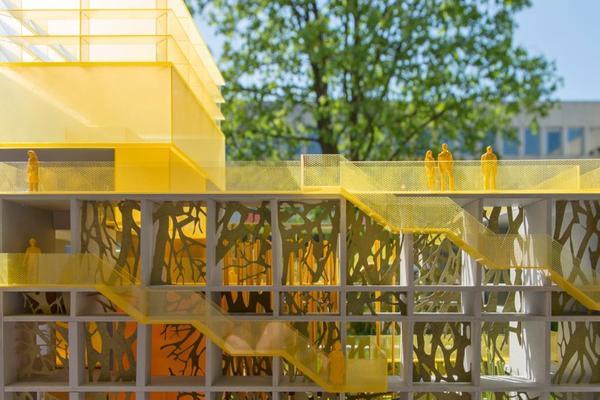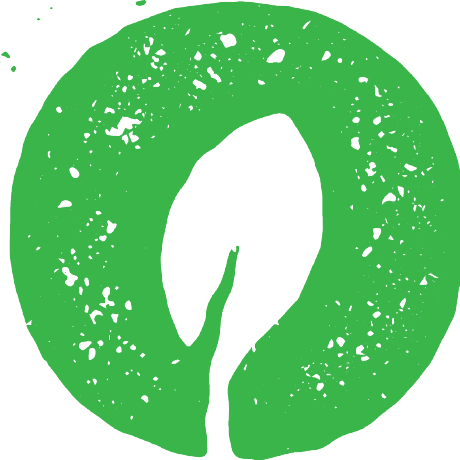
Knowledge is owned and managed by the community
#Knowledge
Creating sustainable and just cities is a learning process. Knowledge is created through collaboration at the community level between policy-makers, planners, residents and others. All benefit from this knowledge. Policymakers and political actors, including those from higher levels of governance such as the EU and the UN, advocate for tailored approaches and policies based on knowledge commons (collectively created information) and other forms of citizen science.
Inspirational example
The city as commons, Ghent
The Ghent Commons Transition Plan was commissioned by the Mayor and Council of Ghent in Northern Flanders.
Its aim was to document and understand the emergence of the commons in the city in order to identify what forms of public policy could best support its further growth. It was developed on the basis of a broad participatory inquiry during early 2017, which aimed to capture the knowledge of those involved in sustainability and equity initiatives across the city. A key outcome was understanding the city itself as a commons, in which active co-creation and exchange of knowledge support collaborative action between authorities and local residents. One such initiative explored in the process was the Living Streets project, which supports citizens in redefining urban spaces by closing streets to traffic for extended periods.
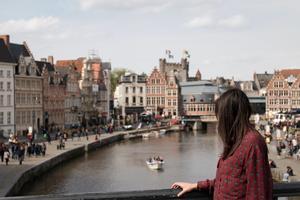
Avenues for action
You might be wondering, what everyday actions can I take to put all this theory into practice? Take a look at the avenues for action, below, for some practical guidance.

